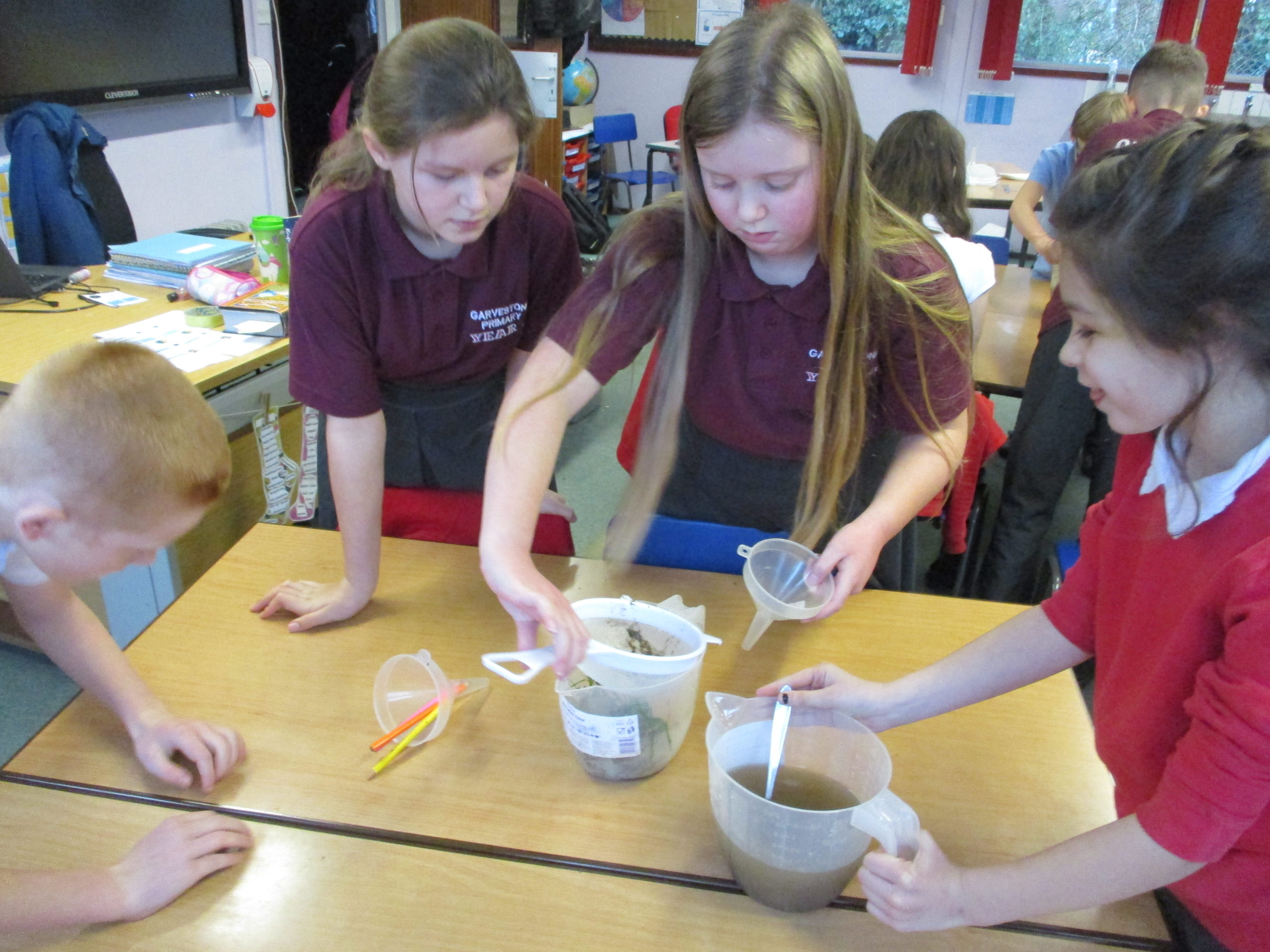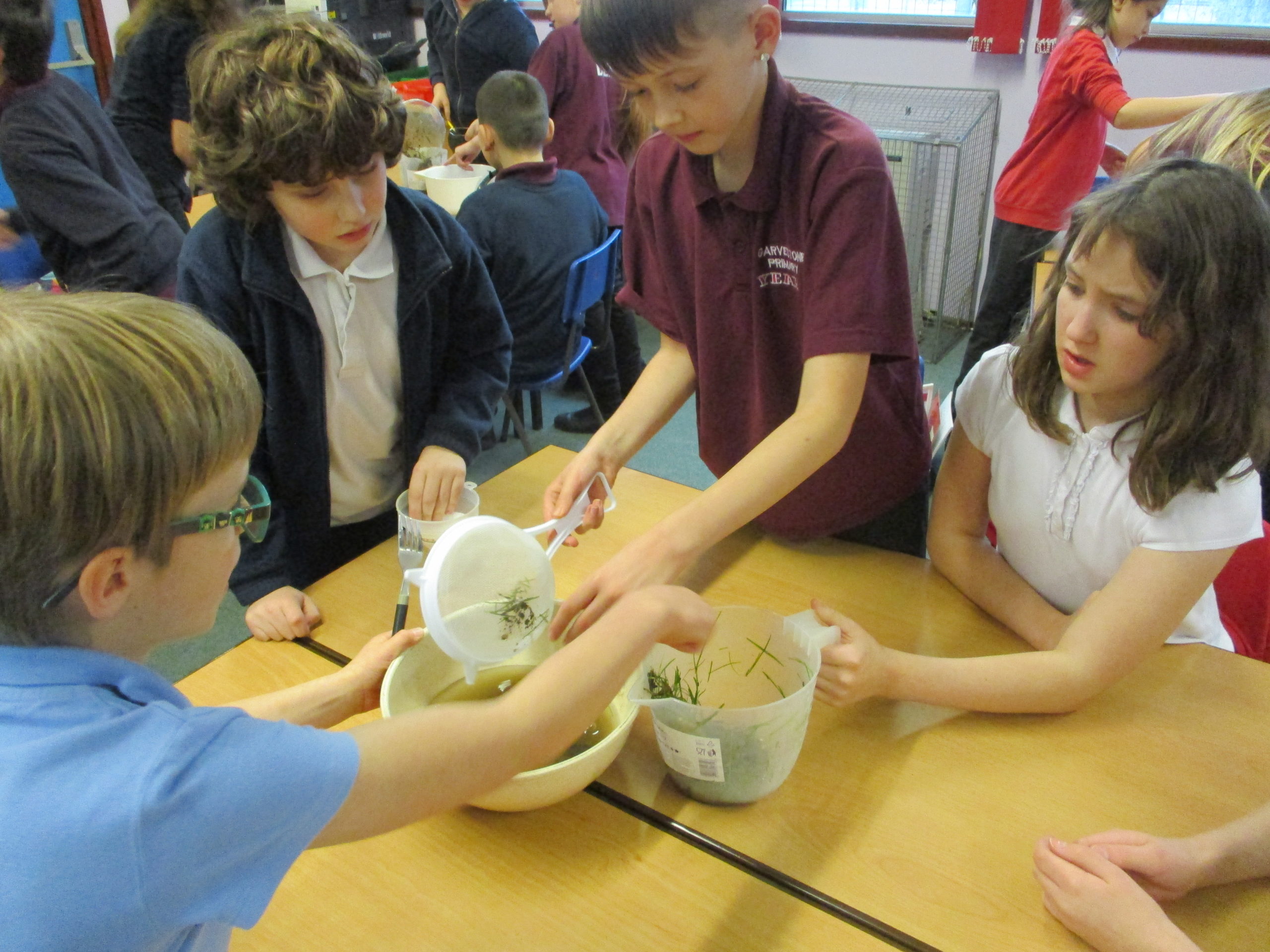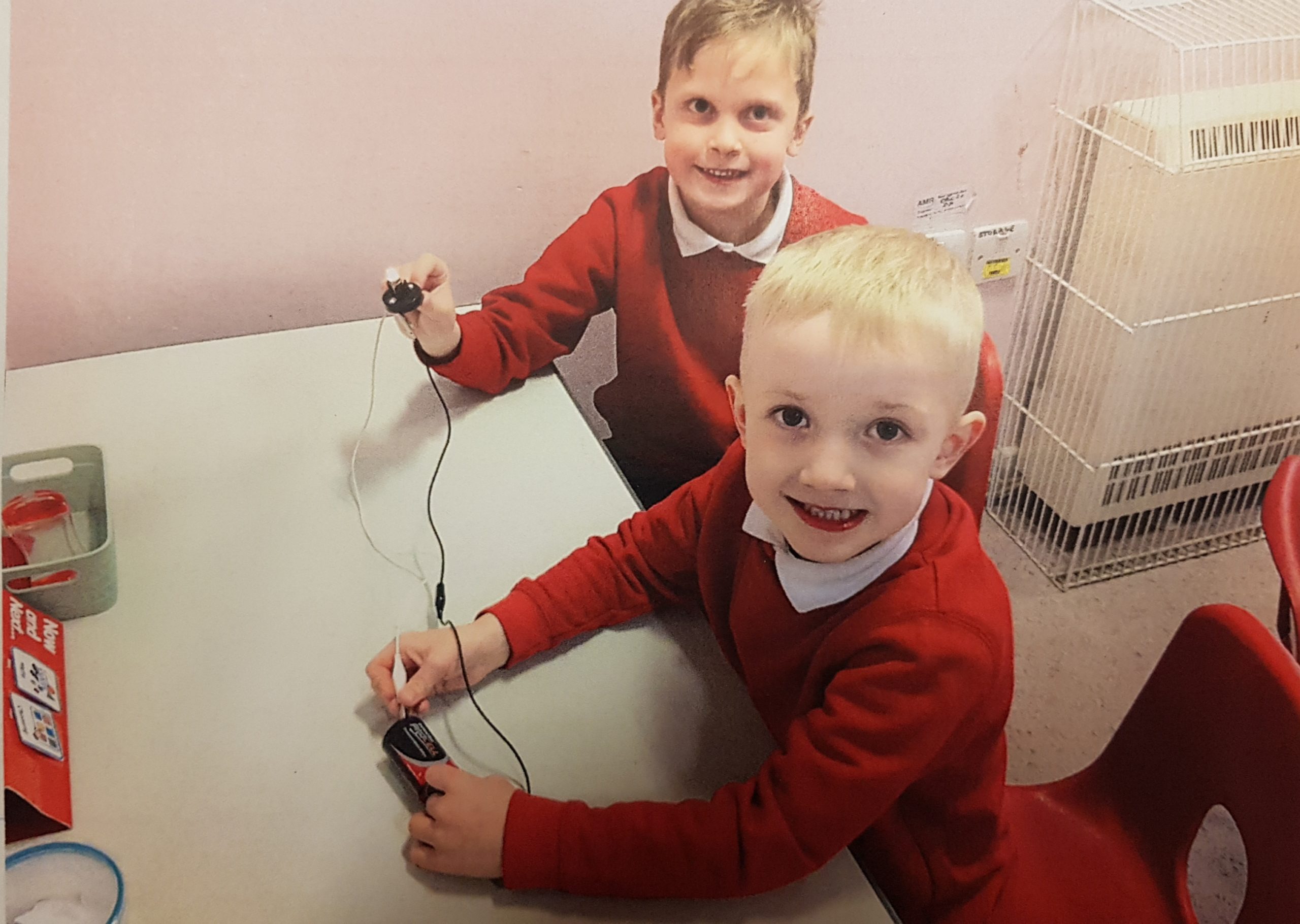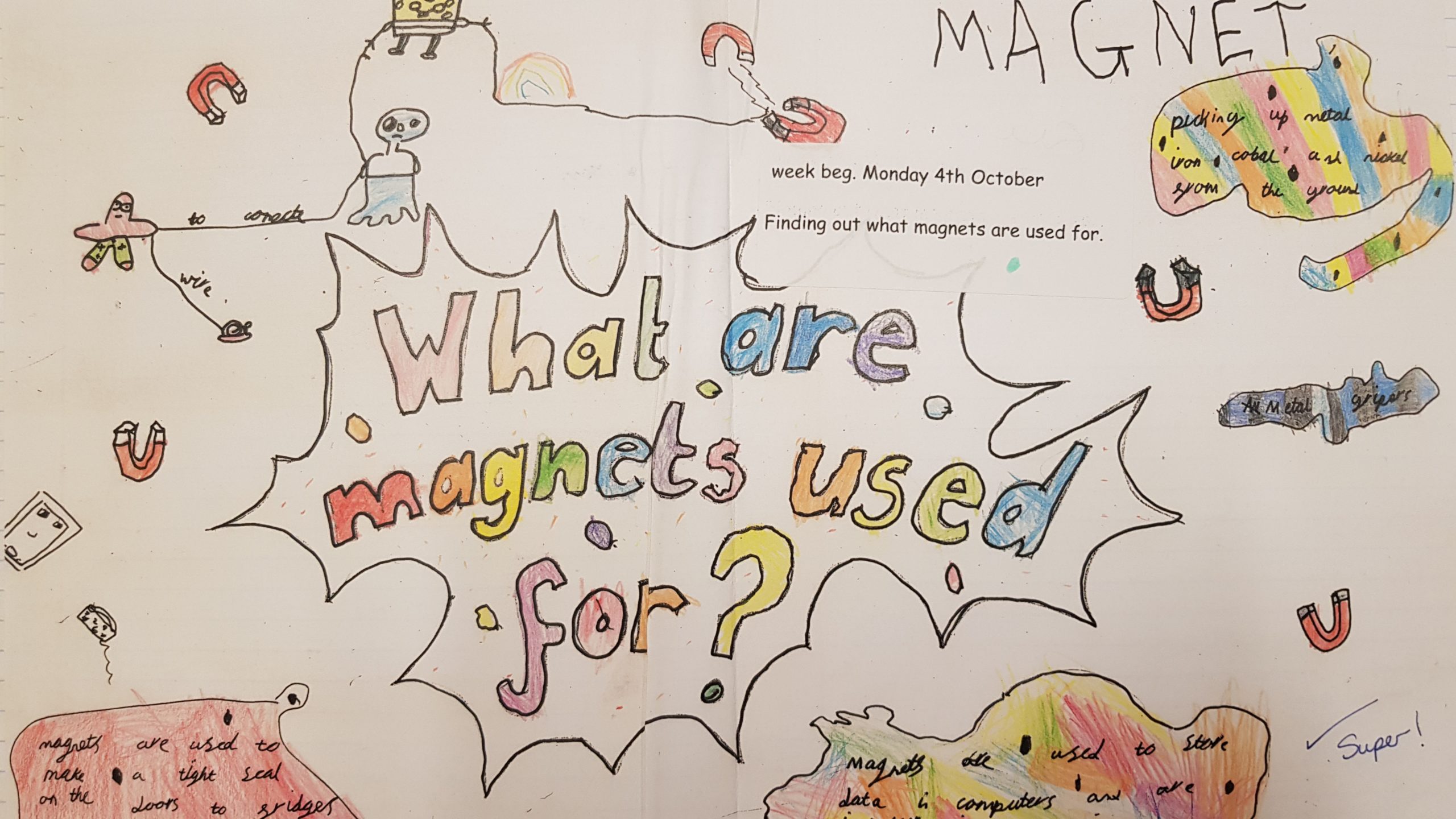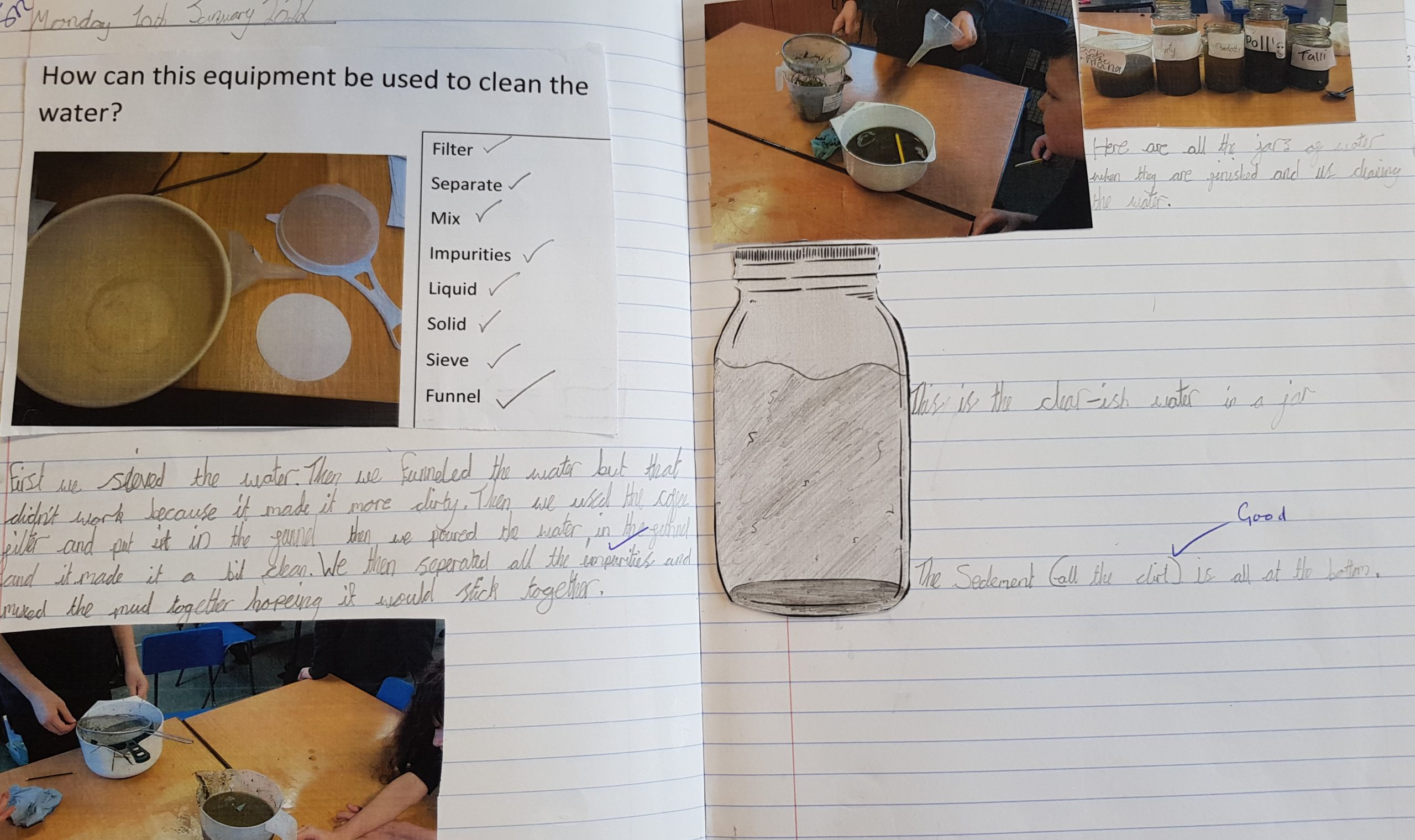Science
Science Aims
-
To develop the skills to think critically, solve problems and make decisions.
-
To nurture pupils’ natural curiosity and helps develop inquiring minds.
-
To help pupils to explain and understand how the world works.
-
To teach pupils the importance of accuracy and problem-solving through practical experiments and investigations in science
Why is Science important?
Science is an important and valued subject because it is highly relevant; an integral part of daily life, from cooking and checking the weather, to recycling and nature walks.
Through science, our lives are changed for the better. We believe all pupils should be taught about the role that science plays in positive advancements, as well as scientific knowledge, methods and processes.
Advances in science are continuing to transform our world at lightning speed and we need to do our best to prepare our pupils for a future we can only imagine.
When is Science taught?
Science is taught through thematic units. The overview maps out which thematic units feature this subject and the Long-Term Plan clearly shows the objectives taught.
How is Science taught?
Science is taught through working scientifically (involving practical investigation, observation and application skills, enquiry and research) alongside specific taught subject knowledge. Learning takes place both inside and outside the classroom.
What do we learn about in Science?
We learn about:-
Plants
Animals, including humans
Materials
Seasonal changes
Living things and their habitats
Light and heat
Forces and magnets
Sound
Electricity
Earth and space
Evolution and inheritance
Movement
How do we assess and monitor Science?
Assessment is an ongoing process in the classroom as teachers observe pupils’ oral and written responses. Opportunities for assessment exist in medium term plans and are built into all activities. When a new unit is introduced the title and supporting materials are displayed to a class. Pupils use their existing knowledge to summarise what they already know about the topic and consider what will be taught. At the end of a unit pupils are encouraged to reflect on their learning against unit knowledge ladders. As a class a theme review sheet will be completed.
The learning objectives and outcomes within each lesson offer teachers opportunities for checking progress. Consistency of judgment is ensured by using skills ladders and advice by the coordinator. The main method of assessing children’s knowledge, skills and understanding is through the use of Assessment for Learning. Parents are informed of curriculum coverage in a curriculum newsletter sent out each term and the progress achieved by their child in the end of year report.
